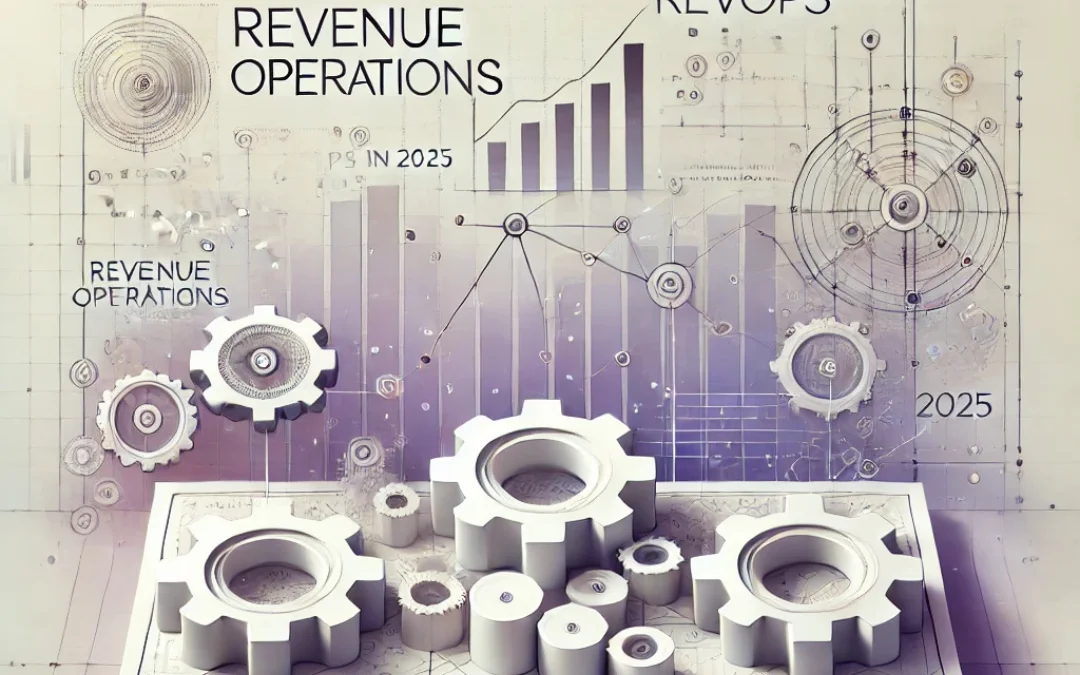
The financial world was turned upside down at the start of 2021, when an unexpected event shook Wall Street to its core. The GameStop Episode: What Happened and What Does It Mean? became the question on everyone’s lips. It was a remarkable saga involving a struggling video game retailer, a band of retail investors, and the mighty hedge funds. The drama that unfolded is a case study in the power dynamics of modern finance, the influence of social media, and the unpredictability of market behavior.
The Spark That Ignited the Fire
At the heart of this saga was GameStop, a brick-and-mortar video game retailer that had seen better days. With the rise of digital gaming, the company’s fortunes had dwindled, making it a prime target for short-sellers. Hedge funds, betting on the company’s decline, heavily shorted GameStop stock, expecting its value to plummet further.
However, a group of retail investors on the subreddit r/WallStreetBets had different plans. They noticed the extensive short positions and realized that a short squeeze could be orchestrated. A short squeeze occurs when a heavily shorted stock’s price starts to rise, forcing short-sellers to buy back shares at higher prices to cover their positions, driving the price even higher.
The Rise of the Retail Investors
Social media played a pivotal role in the The GameStop Episode: What Happened and What Does It Mean? Retail investors, galvanized by posts on r/WallStreetBets, began buying GameStop shares en masse. The stock, which was trading at around $20 in early January 2021, skyrocketed to an astonishing $483 by the end of the month. This meteoric rise caused immense losses for hedge funds that had bet against the company.
The retail investors’ rallying cry was more than just financial gain; it was a movement against the perceived arrogance and control of Wall Street elites. For many, it felt like a democratization of finance, where the little guy could take on the giants and win.
The Fallout
The fallout from The GameStop Episode: What Happened and What Does It Mean? was immediate and far-reaching. Hedge funds that had shorted GameStop suffered billions in losses. Melvin Capital, one of the most prominent funds involved, required a $2.75 billion capital infusion from other hedge funds to stabilize its finances.
Brokerage platforms like Robinhood, which had facilitated much of the retail trading, found themselves at the center of controversy. Amid the frenzy, Robinhood and other brokers restricted trading on GameStop and other heavily shorted stocks, citing liquidity concerns. This move sparked outrage among retail investors and allegations of market manipulation, leading to congressional hearings and regulatory scrutiny.
The Broader Implications
The broader implications of The GameStop Episode: What Happened and What Does It Mean? are multifaceted. On one level, it highlighted the power of collective action and the influence of social media on financial markets. Retail investors, armed with information and a sense of community, demonstrated that they could move markets in ways previously thought impossible.
The episode also brought attention to the practice of short-selling and the role of hedge funds in the financial ecosystem. Short-selling, while a legitimate trading strategy, came under fire for its potential to harm struggling companies further. The ethical considerations of profiting from a company’s decline became a topic of debate.
Furthermore, the incident underscored the need for regulatory oversight in the age of digital trading. The actions of Robinhood and other brokers raised questions about market fairness and transparency. Regulators and lawmakers began examining the rules governing short-selling, trading restrictions, and the overall structure of financial markets.
Lessons Learned
Several lessons emerged from The GameStop Episode: What Happened and What Does It Mean? For retail investors, it was a reminder of the risks and rewards of stock market participation. While some made significant gains, others faced substantial losses as the stock’s volatility wreaked havoc on portfolios. The importance of due diligence, risk management, and not succumbing to hype became evident.
For Wall Street, it was a wake-up call about the power of retail investors and the changing dynamics of market participation. Hedge funds and institutional investors had to reckon with the reality that the internet had leveled the playing field in unexpected ways. The episode served as a cautionary tale about the dangers of complacency and the need for adaptability in an evolving financial landscape.
The Future of Market Participation
Looking ahead, The GameStop Episode: What Happened and What Does It Mean? could be seen as a pivotal moment in the evolution of financial markets. The rise of retail investors, empowered by technology and social media, is likely to continue reshaping the investment landscape. Platforms like Robinhood have democratized access to markets, making it easier for individuals to trade and invest.
However, this democratization also brings challenges. The need for investor education is paramount to ensure that new participants understand the complexities and risks of the market. Regulatory frameworks must evolve to address the nuances of digital trading and protect investors without stifling innovation.
Conclusion
In conclusion, The GameStop Episode: What Happened and What Does It Mean? is a multifaceted narrative that underscores the evolving dynamics of modern finance. It is a story of disruption, democratization, and the power of collective action. As we move forward, the lessons learned from this episode will continue to shape the future of market participation, reminding us of the need for vigilance, adaptability, and a keen understanding of the forces that drive financial markets.





More Stories
12 Benefits of Using Yext for Your SEO Strategy
How a Revops Agency Can Eliminate Chaos and Create Revenue Clarity
Why Exhibit Fabrication Is the Key to Memorable Brand Experiences